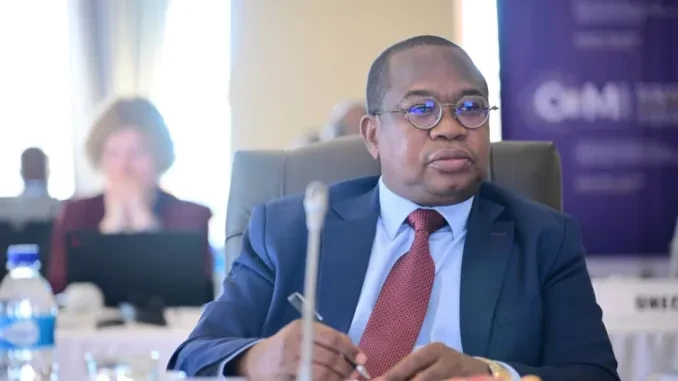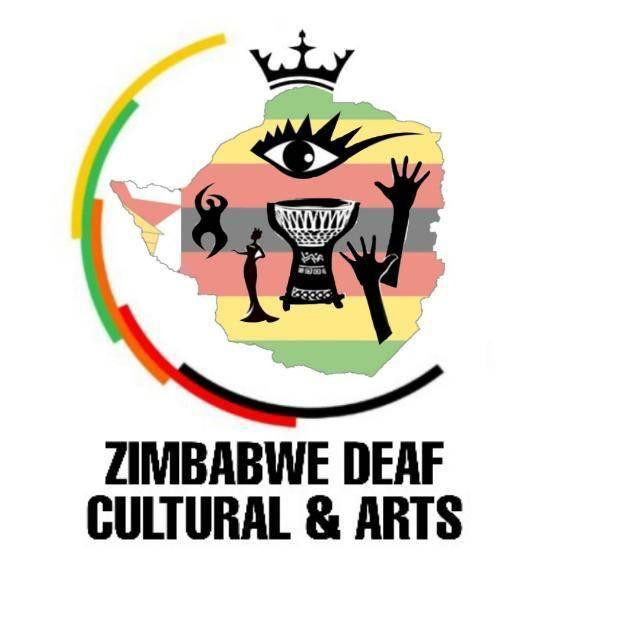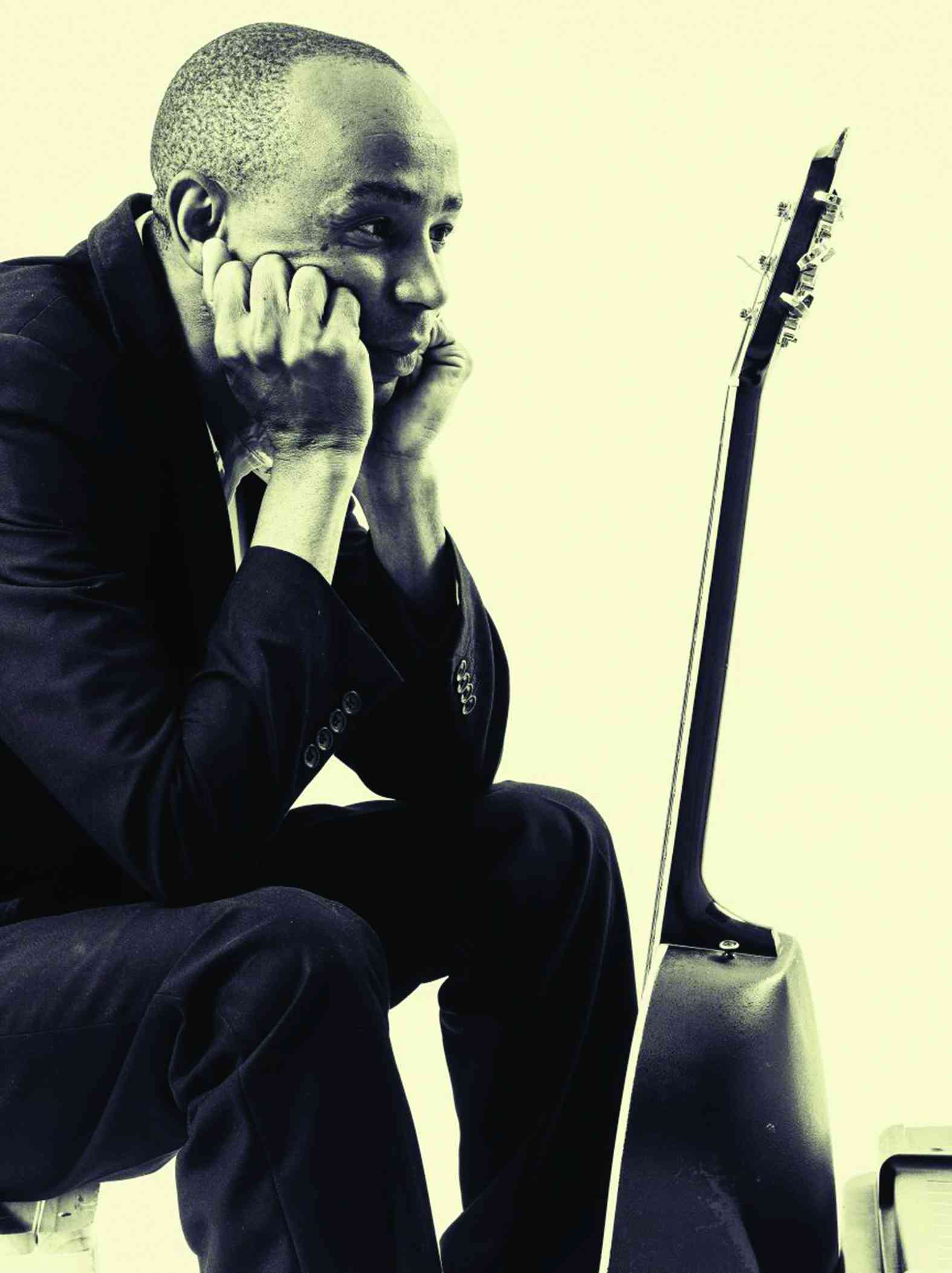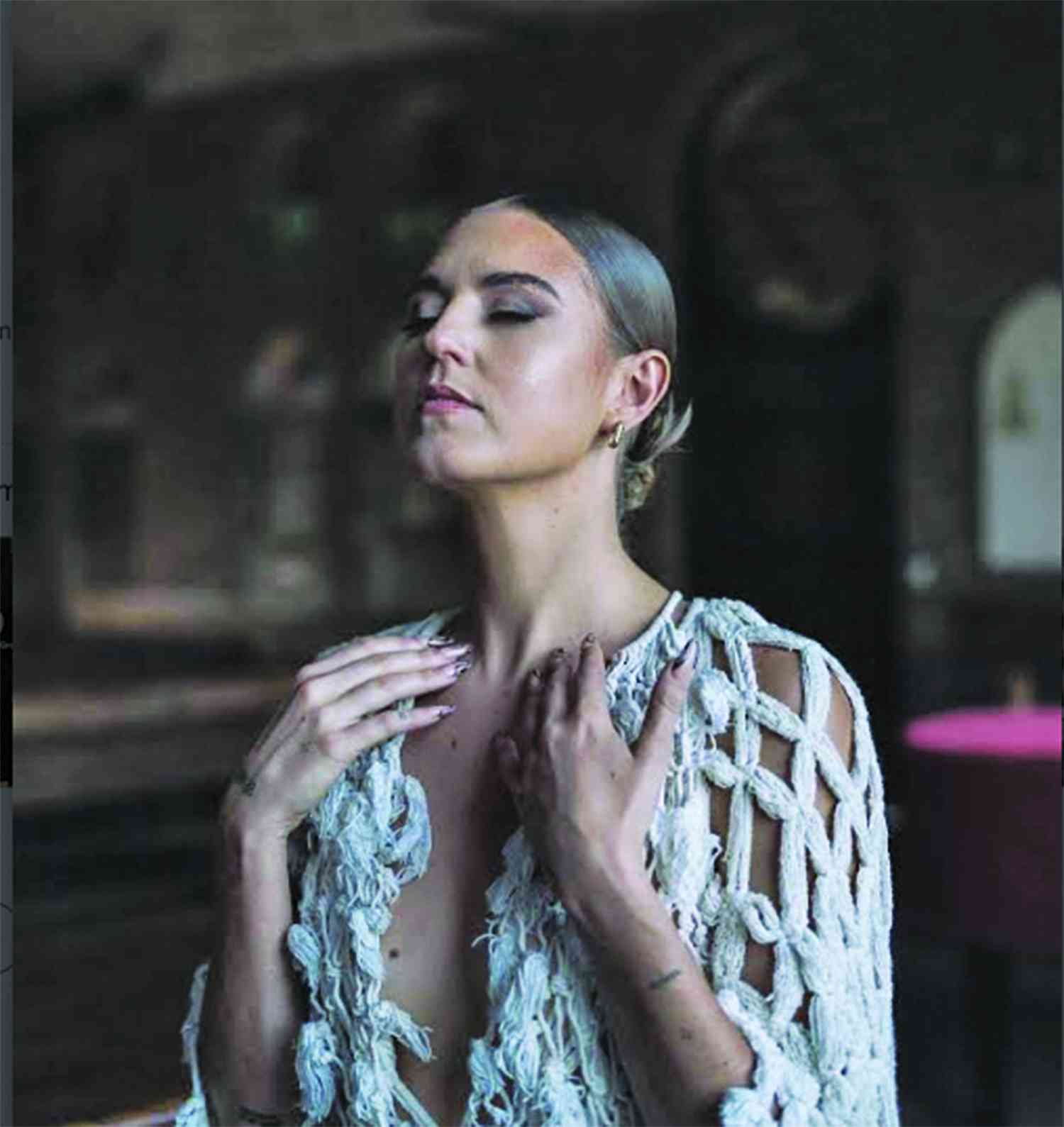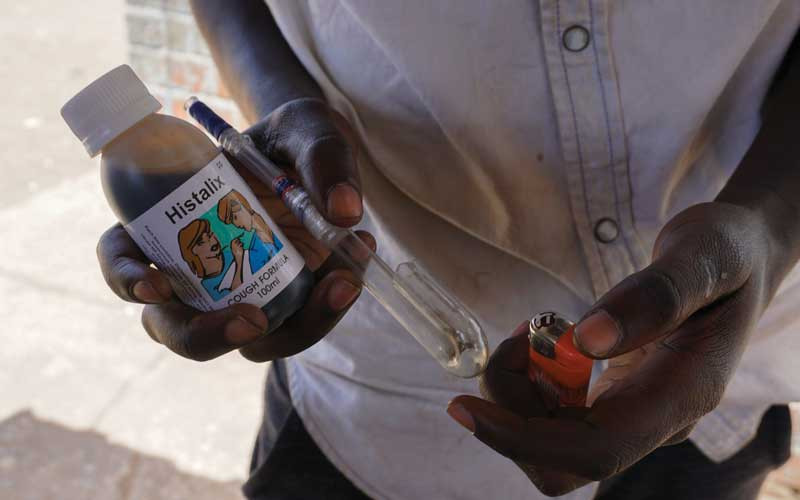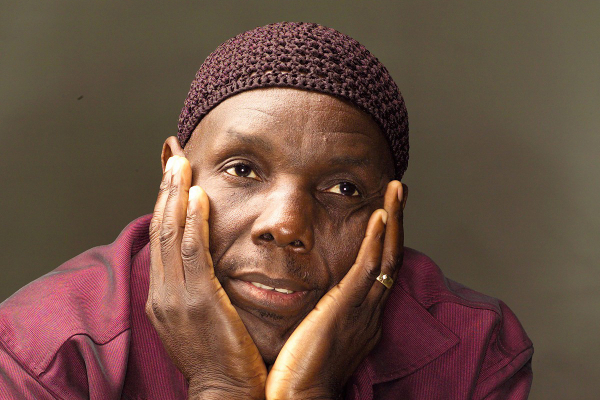
MANY a times, reports have swirled of celebrities, particularly musicians, having woken up dead under unclear circumstances or being involved in road accidents and losing their lives. Only after a few phone calls and checks will it be proven that it’s a hoax.
BY WINSTONE ANTONIO
In the past, there have been indications that so and so wanted to release a single or an album, hence his/her people spread the fake news that the artiste had died. It is said such death rumours are started to raise an artiste’s stacks.
At times, such rumours are started by other people without the artiste knowing, and they will be shocked on receiving rumours about their own deaths.
Just imagine waking up in the morning fit and strong, with news trending on different social media platforms that you are dead — all because of mischievous internet prankers? This is the fate that has befallen many local and international celebrities as death hoaxes tend to spread faster, thanks to the rise in the use of social media.
The late former President Robert Mugabe died several times before his actual death, and he used to joke about it while taunting his naysayers.
Also, the late music super star Oliver “Tuku” Mtukudzi, infuriated by numerous calls from journalists checking on him in the wake a series of death rumours, ended up coining a famous phrase, “kana ndafa ndichakufonerai” (I will call you when I am dead) before his demise on January 23 last year.
In the latest death hoax, the celebrated gospel couple of Charles and Olivia Charamba “died” in a horrific car accident last week, sending their legion of fans into shock.
- Chamisa under fire over US$120K donation
- Mavhunga puts DeMbare into Chibuku quarterfinals
- Pension funds bet on Cabora Bassa oilfields
- Councils defy govt fire tender directive
Keep Reading
The accident was said to have killed the Charambas on the spot, but the Rooted in Christ Ministries founder immediately dismissed the rumours through a video posted on his Facebook page.
“Blessings to us all. Pastor Charamba and the family are all good and sound. Nyasha dzirikutichengeta. We thank all those who contacted us to enquire about the false news. We have not been involved in an accident. We also forgive the authors, scriptwriters and voice over artists who created the infamous joke,” he said.
Music critic Fred Zindi said perpetrators of such “dry jokes” should be sued as the news tend to upset a lot of souls.
“Although death hoaxes about celebrities are not a new phenomenon, perpetrators of such ‘jokes’ should be sued as the news upsets a lot of souls. Death hoaxes are widely perpetuated via social media by idle minds which have nothing to do except creating a story about the celebrity they either admire or hate,” he said.
“If you go back 20 years, Oliver Mtukudzi had been dead more times than you can count before his actual death last year. With the advent of social media, the person who comes across such rumours on the internet does not usually bother to check if it is true. They simply share the information with others and begin circulating it, thus giving fuel to that fire.” The Charambas have joined a long list of other musicians among them dancehall chanter Winky D, Leonard “Karikoga” Zhakata, Jah Prayzah and Soul Jah Love who have also suffered the same death hoax fate.
Critics have, however, accused some musicians of faking their own deaths as publicity stunts to promote their forthcoming projects and at times to release songs themed around death. Although they have vehemently denied the allegations, some, if not all, have, however, been sold out through their poor compositions.
Think of veteran singer Leonard “Zora” Zhakata’s death hoax in 1997 that sent his multitude of fans into grief before he came out on to dispel the rumours of his “untimely departure” on the then Radio 2, now Radio Zimbabwe.
This was, however, followed by the release of his hit song aptly titled Gomba Remarara.
Similarly, multi-award-winning musician Jah Prayzah in 2014 released the song Karunyerekupe amid claims he had died in a car crash on his way to Karoi for a show. After he released the single, Jah Prayzah confirmed to NewsDay Weekender Life & Style then that the song was indeed inspired by the death rumours.
“As artistes, we sing what happens to us and around us as we face a lot of things. Some of these things inspire us. In most cases, everything that happens inspires me to pen a song. I am sure this single will be well received by my fans who were disturbed by the news of my death,” he said then.
“Of all things that we may deem funny, death rumour is nothing close to that. How does one feel if, for instance, my mother was to collapse and die on reception of such news?” he asked rhetorically.
Sungura musician Somandla “Mafia” Ndebele released Nyaradzai following similar death rumours.
A prominent arts promoter, who preferred not to be named, criticised some artistes who “kill” themselves for the love of publicity.
“Sadly, some of these artistes are the ones who create these rumours in order to market their new projects. They must just stop fooling us, how can someone release a song a few hours or days after the death rumours? When would they have penned the song? Well, maybe in a few hours, but then what about the instrumentation?” he quizzed.
Multi-award-winning dancehall artiste Winky D in 2012 and 2014 was again rumoured to have died in a road accident while returning from a show and from food poisoning, respectively. Unlike other musicians, the Ninja president did not release a song related to his death rumours.
Famous author Trevor J Blank in his book titled The Last Laugh: Folk Humour, Celebrity Culture, and Mass-Mediated Disasters in the Digital Age argues that the internet drives “an emotional wedge between reality and the seriousness of the content.
“Celebrity deaths just don’t seem as real to us, because as soon as they happen, everyone reacts quickly — and sometimes foolishly — for others to see. Beyond the ‘gotcha’ impact of a celebrity death hoax, its function is actually quite similar to celebrity death humour — by trivialising death,” he writes.
An avid showbiz follower Veronica Chabata also had no kind words for those artistes who “fake” their own deaths.
“This world of showbiz just like any other form of business thrives on marketing, but sadly some of these artistes have been overdoing it to an extent of faking their own deaths. This type of cheap marketing gimmick must be stopped,” she said.
An information technology expert Terrence Mukucha believes the celebrity death hoaxes are being done to drive traffic to some of the emerging online sites, which at the end are monetising.
“Off late, false celebrity deaths are proving to be more common than ever, especially as schemes to drive traffic or gather information on Internet users proves lucrative, reeling in ad revenue for the bogus sites,” he said.
“While the person who is doing it thinks it’s a harmless prank for which they will all be rewarded with traffic and revenue, there is a very big downside to the affected person.” Follow Winstone on Twitter @widzoanto

